Foodwise

Welcome to edition #54 of Foodwise!
Food production and supply is considered an essential food service and we continue to work with other state, national and international agencies to provide the most up to date information during COVID-19.
As the COVID-19 situation evolves, so do we. Our Regulatory Officers are now authorised under the Public Health Act 2010 to check for COVID-19 compliance at retail food service businesses, and at licensed facilities that are required to complete and register a COVID-19 Safety Plan.
We have also developed free, voluntary online training in partnership with NSW Health. The 20 minute COVID-19 awareness for food service course is designed for the food retail and service sector however it is open to everyone.
We hope you enjoy this edition of Foodwise. As always, we welcome your comments and feedback, so please feel free to drop us a line with any suggestions or feedback.
For more information visit the NSW Food Authority website, email food.contact@dpi.nsw.gov.au or call the Helpline on 1300 552 406.
Dr Lisa Szabo honoured for her contribution to Australia’s food industry
Director of Food Safety & Food Authority CEO, Dr Lisa Szabo, was recently announced as the recipient of the 2020 Australian Institute of Food Science and Technology (AIFST) President’s Award in recognition of her service to the Institute.
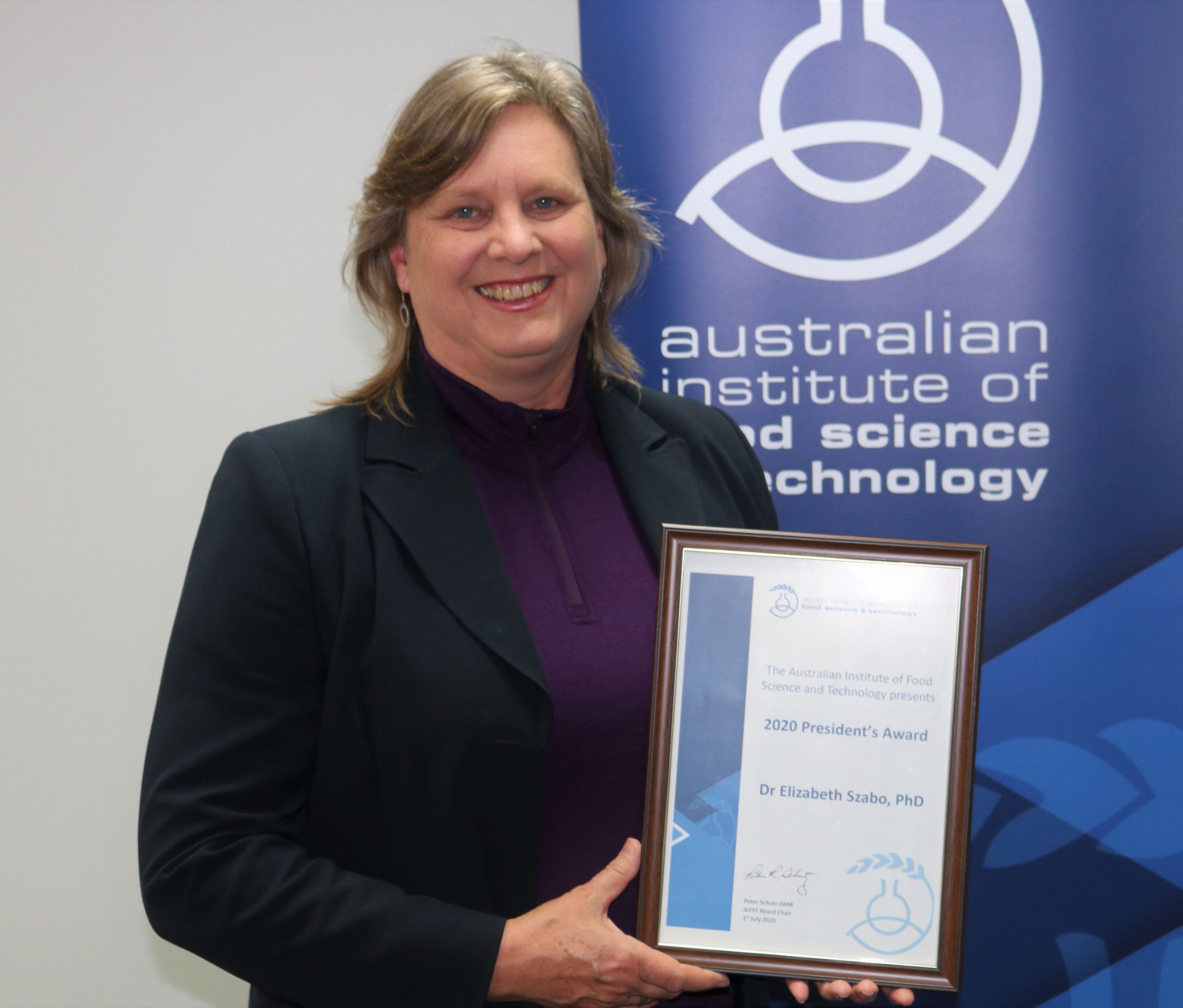
NSW Department of Primary Industries (DPI) Deputy Director General Biosecurity & Food Safety, Dr John Tracey, congratulated Dr Szabo and acknowledged her role in delivering safe food production in NSW from paddock to plate and maximising consumer choice and safety.
“Dr Lisa Szabo has served the people of NSW for over 14 years and has shown outstanding food regulatory leadership by using scientific evidence, operational information, industry and community impact to develop policy, legislative solutions, and interventions” said Dr Tracey.
“Today, Lisa is one of the most highly respected members of Australia's food safety community and has made a significant contribution to the safety of food and the reputation of Australian produce.
“Lisa has helped steer NSW through a number of critical pieces of work. From risk managing dioxins in Sydney Harbour to reducing the rates of human illness caused by Salmonella in NSW by 30%.”
The AIFST President’s Award recognises, acknowledges and acclaims an individual or an organisation that has made an outstanding contribution to the Institute. Having worked in the Australian food sector in technical, management and industry leadership roles since 1994, Lisa continues to share her breadth of learnings and lead with compassion and commitment to ensure the ongoing safety of food and reputation of Australia produce is assured.
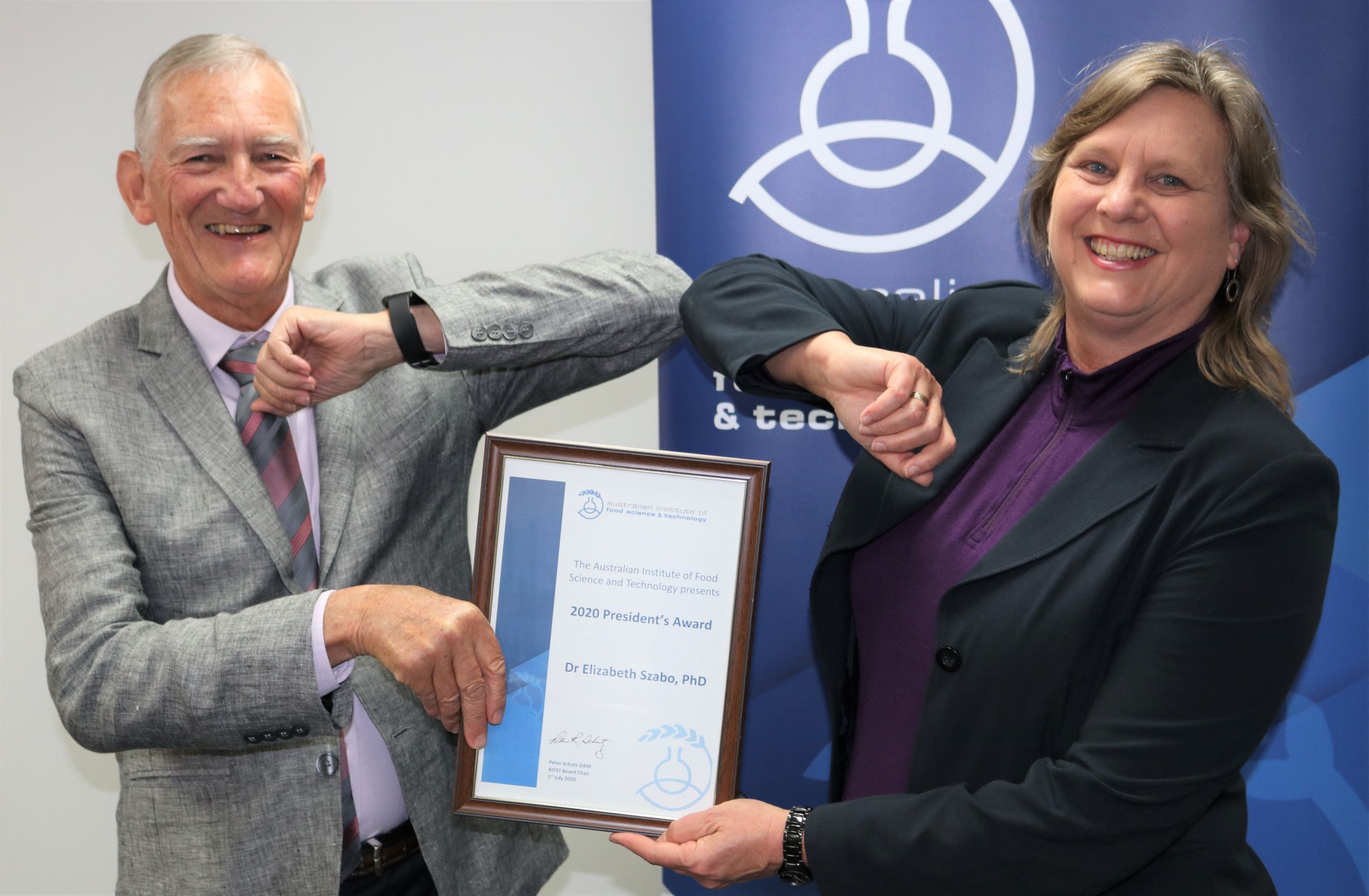
COVID-19 awareness for food service - online training resource
COVID-19 presented a unique set of challenges for the NSW food service sector, which relies on social and personal interaction and has needed to quickly understand how to operate differently.

In response, the NSW Food Authority partnered with NSW Health and Tocal College to develop COVID-19 awareness for food service, a free, voluntary online training course. The course provides a practical integrated resource for the sector on how to be COVID Safe, comply with Government requirements and access resources. An acknowledgement certificate is generated on completion of the course.
The course was originally launched in June to coincide with the commencement of the new Public Health Order and is updated as needed to ensure currency. Course content is concise, mobile friendly, available 24/7 and timed to 20 minutes to suit a time poor retail food sector facing many challenges.
The course was developed for anyone working in NSW food retail and food service businesses and is an efficient way to train staff. However, enrolment is open to everyone and customers are encouraged to complete it so they understand what is expected of them when they visit. As at the end of August, almost 28,000 people have completed the training.
The course can be accessed at www.foodauthority.nsw.gov.au/covid-19-awareness-food-service-training
Checking for COVID-19 Compliance
On 17 July, the NSW Government announced it would be enforcing new rules around “higher risk” activities as NSW enters a state of ‘COVID normal’. These changes came into effect on 24 July.
To support this effort, our Regulatory Officers are now authorised under the Public Health Act 2010 to do COVID-19 Safety Plan checks during their normal inspection of businesses deemed to be “high risk”, to ensure they are following the latest public health orders and comply as a COVID Safe business.
How to comply as a COVID Safe business
For food processors, abattoirs and manufacturers it is mandatory to:
Complete a COVID-19 Safety Plan. You can find a COVID-19 Safety Plan for your business here.
Register your business as COVID Safe. You can do this here.
During the course of a routine inspection, authorised officers will ask to review your COVID-19 Safety Plan as well as evidence that it has been registered.
For all other businesses licensed with the NSW Food Authority
To help create and maintain a safe environment for your staff, customers and community, it is strongly recommended that you also complete a COVID-19 Safety Plan and register your business as COVID Safe. Failure to do so may negatively impact your ability to demonstrate that you are taking all reasonable steps to reduce the risk of an outbreak in your business and could lengthen the time your business is impacted if any employees test positive to COVID.
Retail and food service businesses
Most retail food businesses are normally inspected by their local council. To support councils under the Food Regulation Partnership between the Food Authority and local government, our Regulatory Officers have been conducting COVID-19 Safety Plan checks of these businesses.
You can find more information at:
- NSW Food Authority – Food businesses and COVID-19 (Coronavirus)
- The NSW Department of Primary Industries (NSW DPI) – COVID-19 advice
- NSW Health – COVID-19
COVID-19 and food safety
The International Commission on Microbiological Specifications for Foods (ICMSF) has published an opinion that COVID-19 should not be considered a food safety hazard.
The 8-page document includes important information for all food businesses and covers the relationship between COVID-19, food safety, the effects on trade, mitigation of public health risks and mitigation of occupational health risks.

With billions of meals prepared and consumed since the start of the pandemic, and no evidence to date that links the consumption or handling of food to a COVID-19 infection, it is highly unlikely that COVID-19 constitutes a food safety risk.
The relatively few reports of COVID-19 found on food ingredients, food products and packaging have largely been identified at a genetic level, meaning if there is a hazard to human health it is not through ingestion or handling of the food.
ICMSF recommends food businesses focus on mitigating public health risks by following standard social distancing rules, monitoring symptoms of COVID-19, practising strict personal hygiene, cleaning and disinfecting high contact surfaces, and wearing non-surgical masks.
Public health mitigation measures should also be used to help protect the health and safety of the workforce, with complementary measures such as building COVID-19 safe plans into existing food safety management systems, instructions to employees on monitoring for symptoms, physical separation of staff and placing a greater focus on cleaning and sanitation.
Read the full ICMSF findings and recommendations here.
New requirements for pregnancy warning labels on packaged alcoholic beverages
Businesses have three years to comply with new mandatory pregnancy warning label requirements for alcohol.
To assist businesses with the pregnancy warning label requirements, a document outlining the design elements of the label and downloadable labels are available on the Food Standards Australia New Zealand website.
The NSW Food Authority alcohol labelling webpage has been updated to reflect the change.
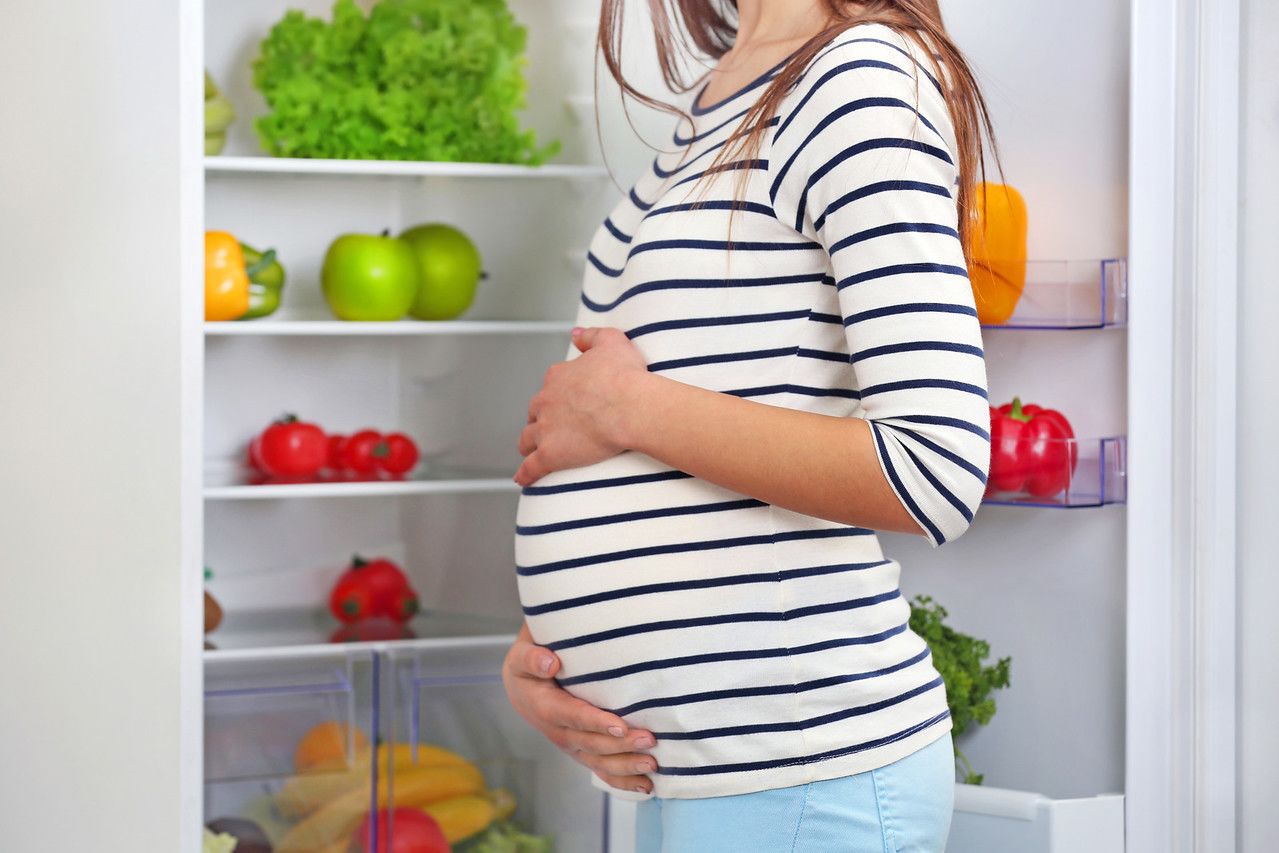
RETAIL
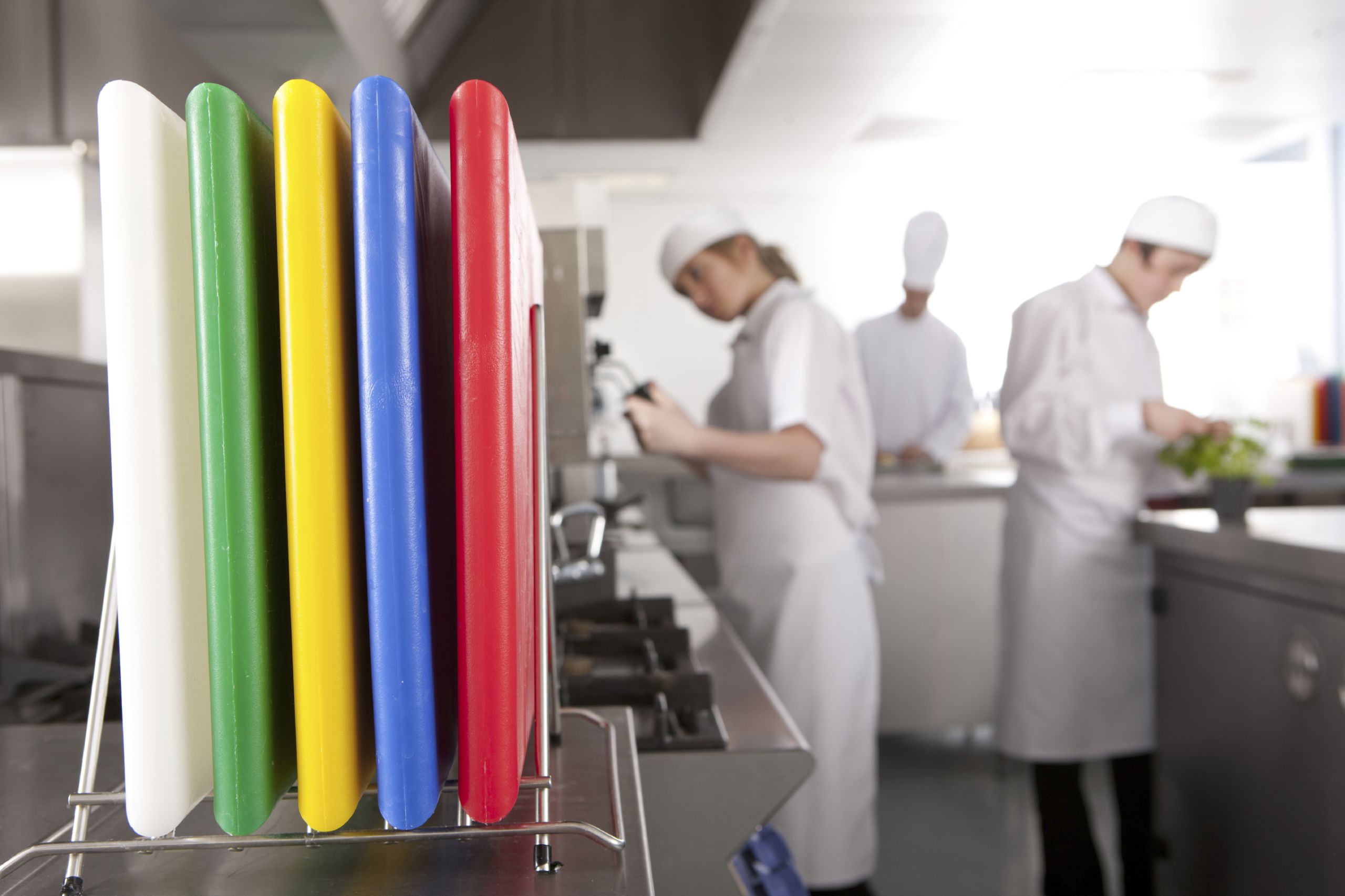
Refreshed retail factsheets now available
Over 30 NSW Food Authority food safety factsheets targeting retail food businesses have been updated and are now available on the Food Authority’s website.
The updated factsheets are used regularly by food businesses and local council Environmental Health Officers, who inspect approximately 40,000 NSW retail food businesses like restaurants, cafés and takeaways each year.
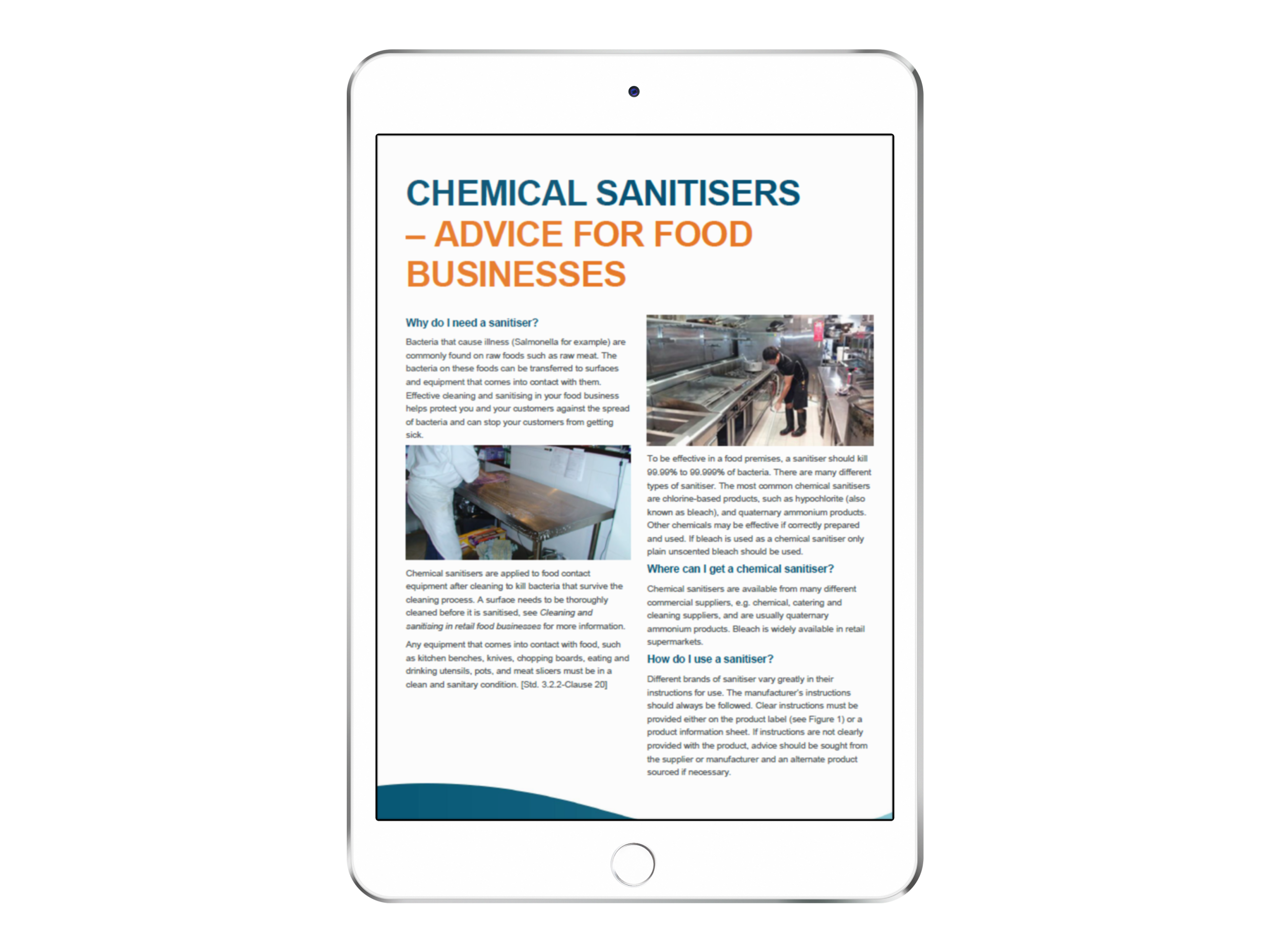
They include the latest scientific and regulatory advice and will help authorised officers when looking for specific food safety guidance at inspections. Common topics include Cleaning and sanitising, Chemical sanitisers, Handwashing in food businesses, Health and hygiene requirements of food handlers, and Cooling potentially hazardous foods.
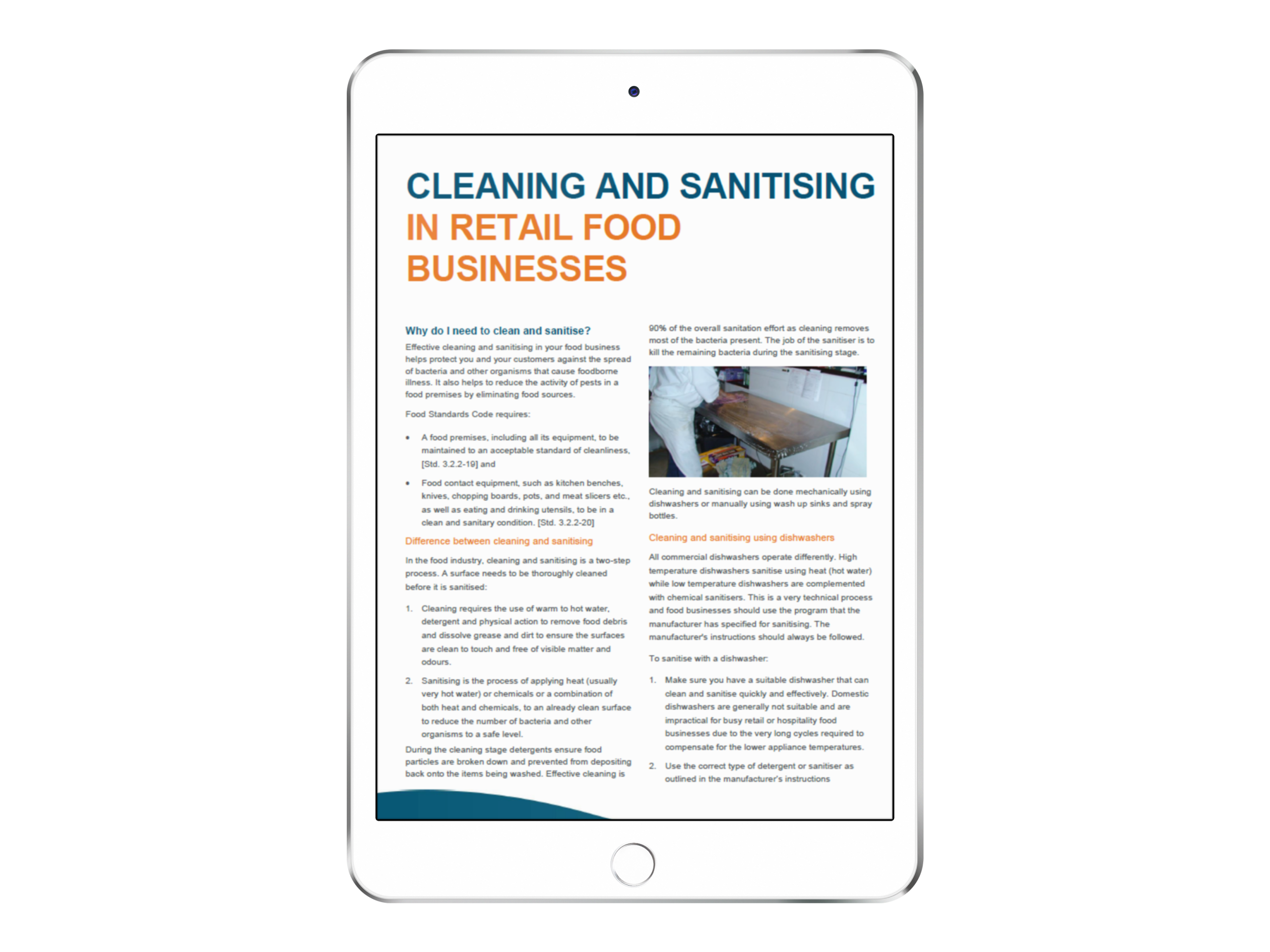
The updates were made to coincide with a redesign of the resources section on the Food Authority website, which will make it easier for visitors to locate information.
MEAT
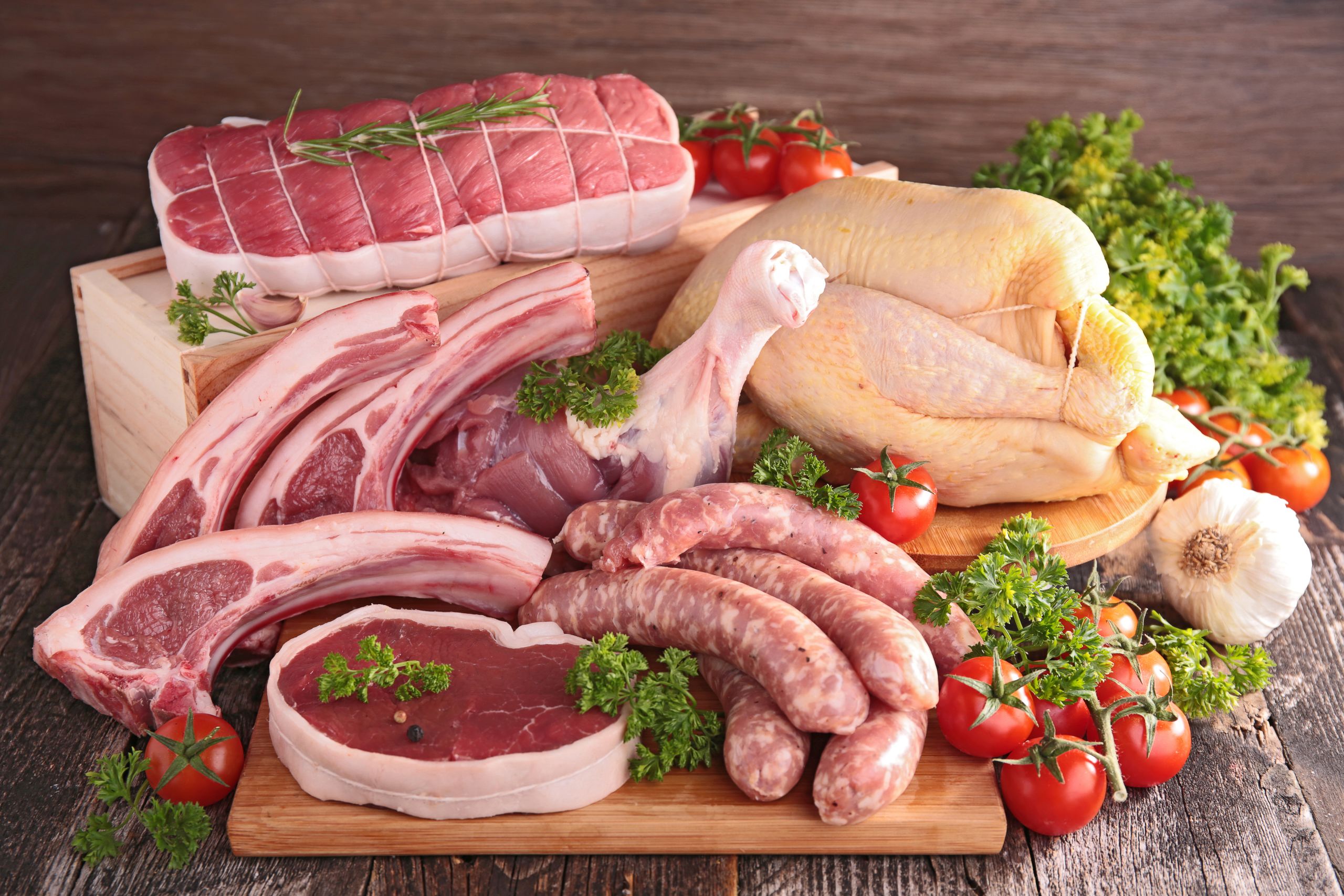
Inspections and audits
From April 2020 to June 2020, the NSW Food Authority conducted 215 inspections and 464 audits of licensed meat businesses. This industry sector has recorded a compliance rate of 91%. The drop in meat industry compliance for this period was largely attributable to an increase in failures in red meat abattoirs and meat processing plants.
Of the businesses that failed their compliance audit and/or inspection during the reporting period, all subsequent follow up audits and/or inspections demonstrated compliance, indicating that licensees are implementing effective corrective actions in response to audit failures.
The below table shows yearly comparable data for compliance and audit activity in the meat sector between reporting years 2018/19 and 2019/20
| Reporting period | 2018/2019 | 2019/2020 |
|---|---|---|
| Total audits | 1,692 | 1,896 |
| Total inspections | 788 | 916 |
| Compliance rate | 96% | 93% |
Meat Industry Consultative Council
The last MICC meeting was held in Sydney on 22 July 2020
Issues considered by the committee via video conference on 22 July included:
Figures from the Food Safety Compliance Report for the 2019-20 financial year, showing 93% of the licensed meat businesses recorded an acceptable audit and/or inspection result, compared to the 95% compliance rate from the same period. The 2% compliance drop for this period was largely attributable to an increase in failures in red meat abattoirs and meat processing plants.
The following updates and papers were also provided to the Committee:
- The Committee was updated on the Animal Welfare and Business Continuity Self-Assessment Checklist
- Biosecurity Plans and Emergency Animal Disease (EAD) preparedness paper, showing abattoirs are instrumental in the detection of notifiable endemic and EAD events.
A full summary of meeting outcomes will soon be available on the NSW Food Authority website.
The next meeting of the MICC is to be advised.
The Meat Industry Consultative Council is attended by representatives from the Australian Meat Industry Council, Australian Pork Limited, Australian Chicken Meat Federation, NSW Farmers’ Association, Australian Meat Industry Council, meat businesses and NSW DPI.
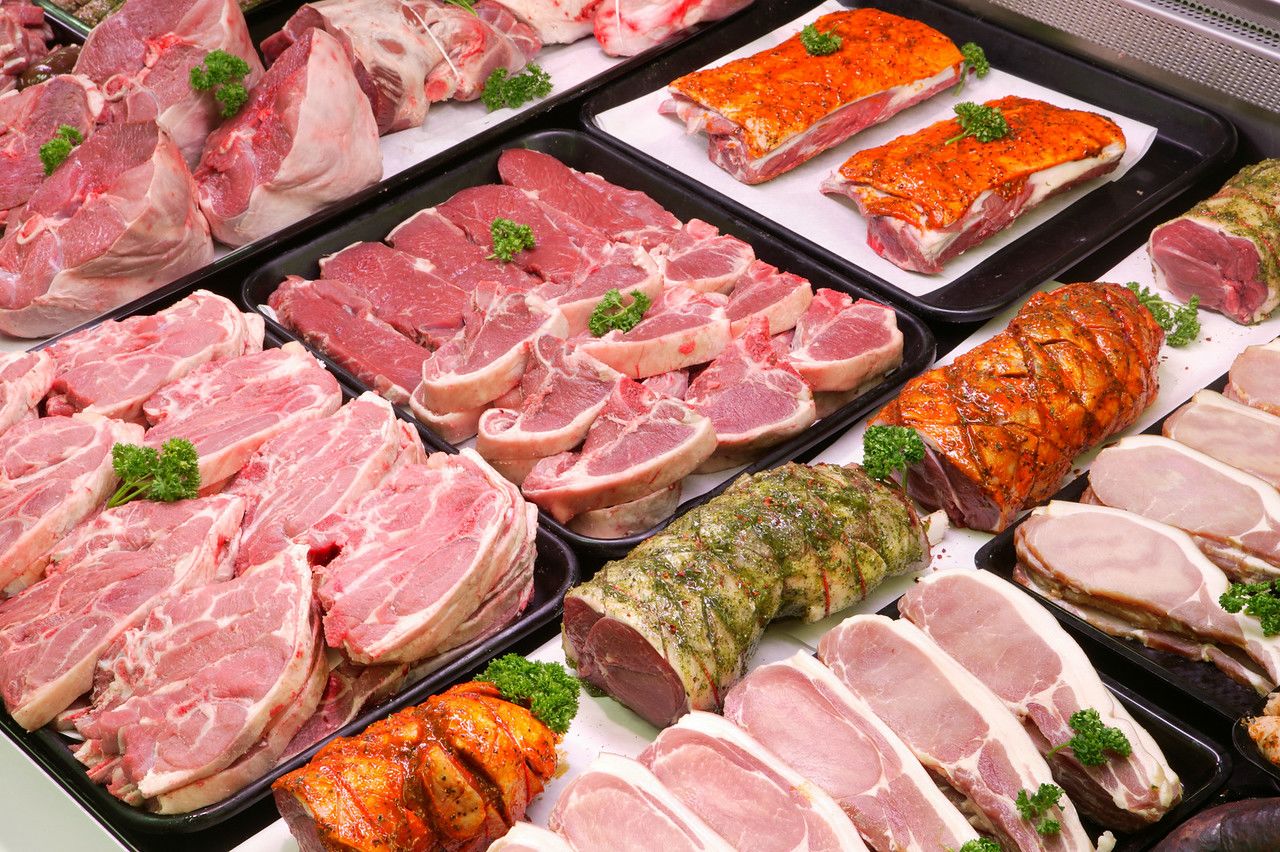
New UCFM manufacturers webpage
A new webpage with information on the safe manufacture of Uncooked Comminuted Fermented Meat (UCFM) is now available in the meat section of the NSW Food Authority website.

UCFM products are made by a fermentation process and matured over time. UCFM products are not heat treated, so harmful microorganisms present in the raw materials and processing environment could survive and grow to cause illness.
The new webpage helps UCFM manufacturers understand and manage the risks when making their products. It contains frequently asked questions relating to the manufacturing of UCFM, and a series of resources which can be downloaded or printed.
Visit the UCFM manufacturers webpage
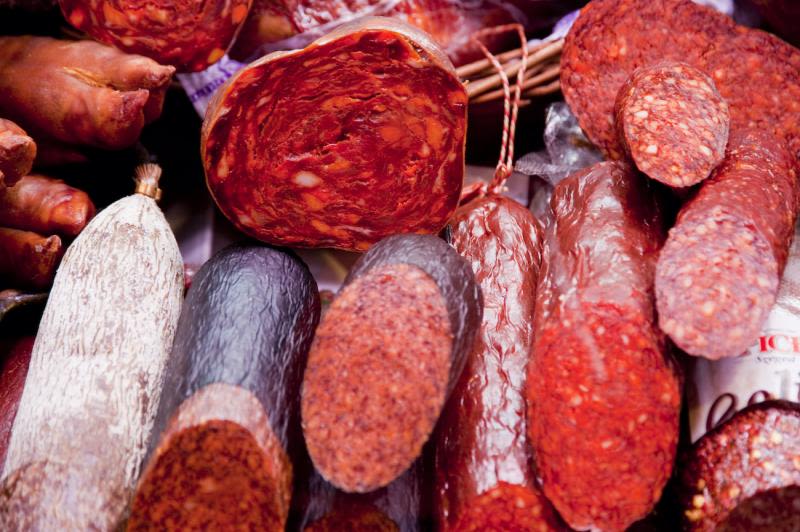
SEAFOOD
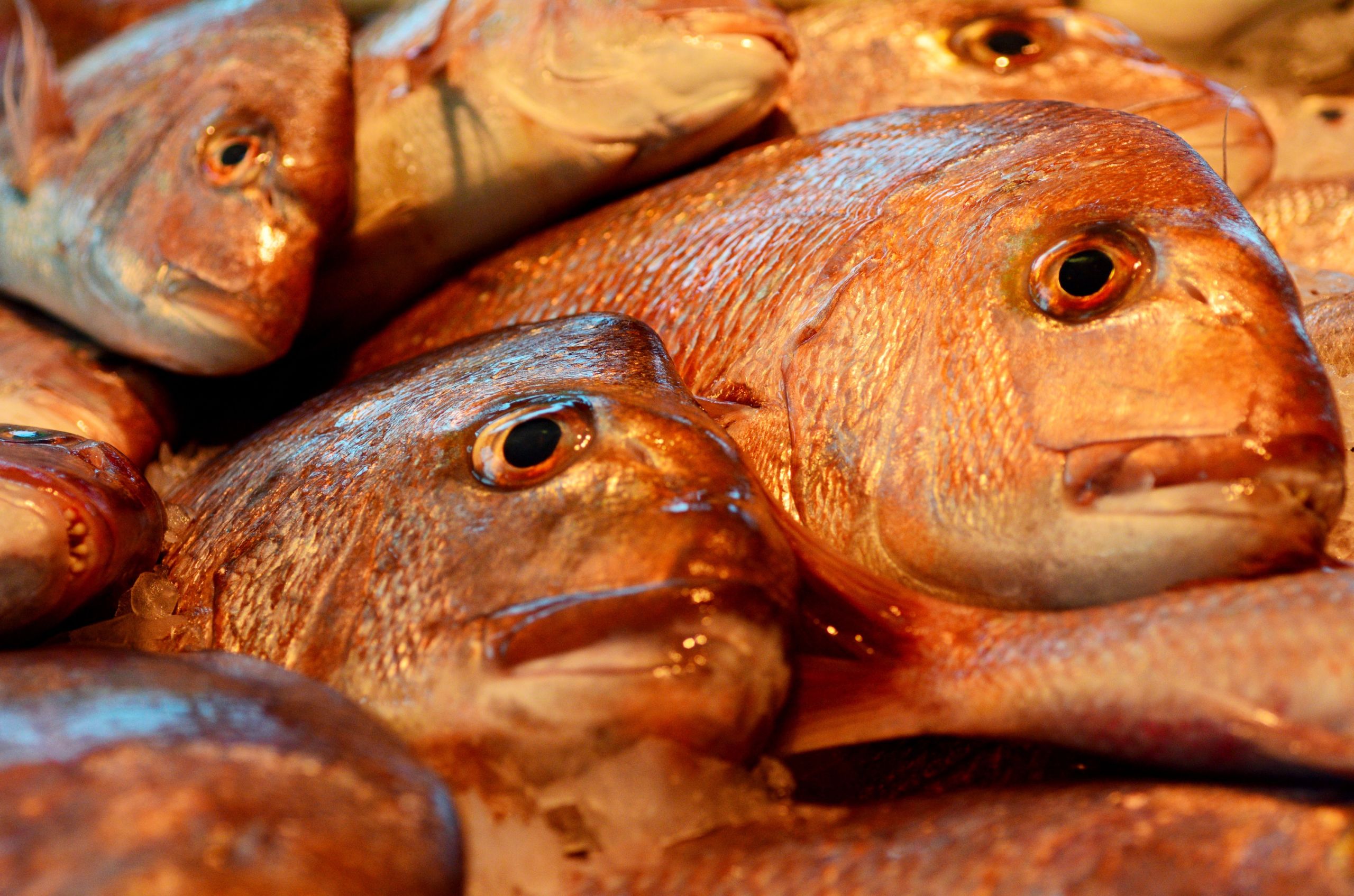
Inspections and audits
From April 2020 to June 2020, the Food Authority conducted 153 inspections and 58 audits of licensed seafood businesses. This industry sector has recorded a compliance rate of 98%.
The main areas where critical defects have been raised at audit continue to be with process control, analytical testing, and food safety program monitoring. There have been no consecutive audit failures and the clear majority of defects raised have been rectified immediately, which demonstrates that effective corrective actions are being implemented by businesses.
The table below shows yearly comparable data for compliance and audit activity in the seafood sector between reporting years 2018/19 and 2019/20.
| Reporting period | 2018/2019 | 2019/2020 |
|---|---|---|
| Total audits | 268 | 300 |
| Total inspections | 424 | 328 |
| Compliance rate | 96% | 97% |
NSW Shellfish Committee
Issues considered by the committee on 12 August included:
The Committee were advised Australian Seafood Industries (ASI) were successful in their expression of interest application to commercialise the outputs of the Sydney Rock Oyster (SRO) breeding program.
ASI are now developing a business plan forming the basis of a contract with NSW DPI, and actively canvassing NSW oyster growers who will be involved in the future direction of the program.
Recent drought resulted in some NSW estuaries suffering restricted flow and/or full closure of estuary entrances, leading to water quality degradation, loss of tidal exchange, stock loss and increased water height which made working leases difficult.
In response, members supported a risk mitigation strategy that utilises unused estuaries as a temporary relay area in the event of similar disasters. NSW DPI will consult with stakeholders to identify relay areas.
The following updates were also provided to the Committee:
- Members supported an NSW Shellfish Program proposal to test the market for a set service level agreement for biotoxin analytical services on behalf of all NSW local shellfish programs. All local shellfish programs were asked to raise this at annual general meetings with the majority of programs responding in favour of the initiative.
- Members endorsed a strengthening of adverse sampling policy. Despite relatively high adverse testing compliance, some local programs have alternating years of good performance avoiding sanctions under the current policy.
View a full summary of meeting outcomes.
The next meeting of the NSW Shellfish Committee will be held on 4 November 2020.

$9 million to support COVID affected NSW Seafood Industries
The NSW Government will deliver critical relief to the State’s commercial fishing, aquaculture and charter boat industries with $9 million announced in direct industry support.
The support package delivers relief to seafood industries in the wake of bushfires and COVID-19, which have reduced demand for products due to the closure of restaurants and a reduction in tourists.
Available to licensed businesses only, the package slashes costs by waiving fees, charges and Government rent for 12 months. No applications or forms will need to be submitted for waivers to apply.
The $9 million support package includes:
- $4 million in fee waivers for Commercial Fishers
- $2.1 million in fee waivers and rent relief for the Aquaculture industry
- $200,000 in fee waivers for the Charter Boat Fishing Sector
- $500,000 in rent relief for fishing cooperatives located on Crown land
- $2.2 million in industry stimulus programs
Read more on the announced package here.
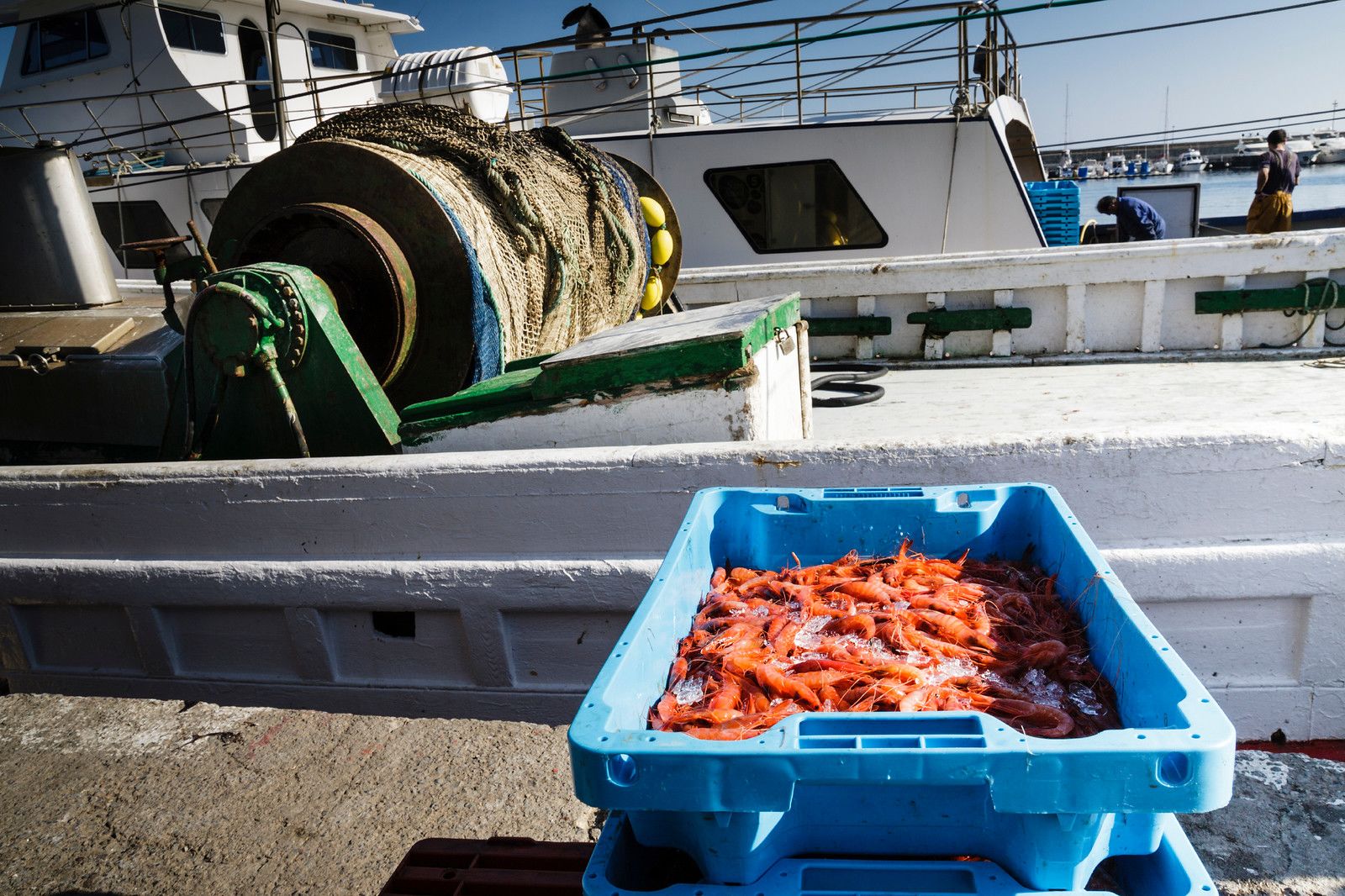
DAIRY
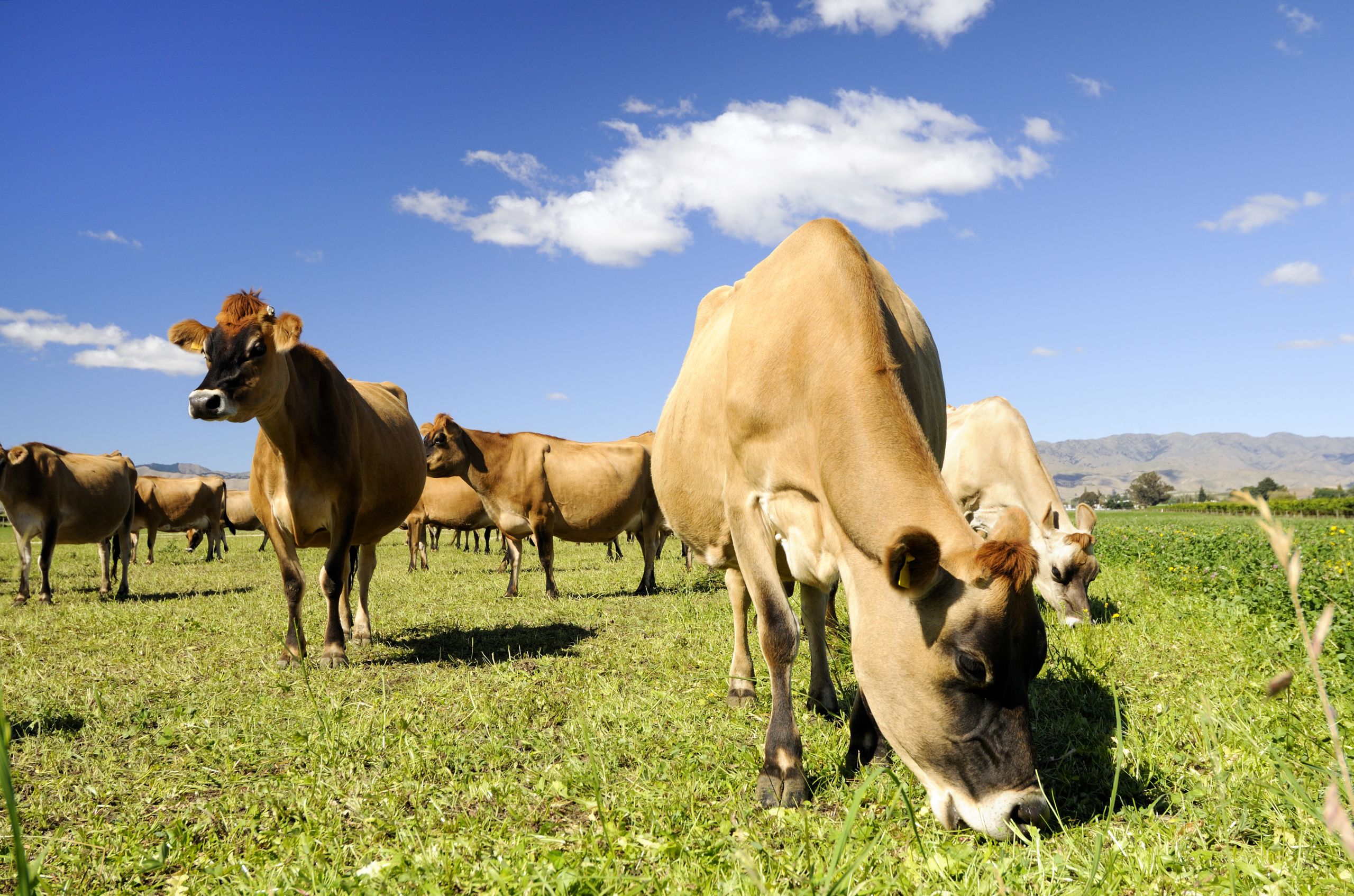
Inspections and audits
From April 2020 to June 2020, the Food Authority conducted 72 inspections and 73 audits of licensed dairy businesses. This industry sector has recorded a compliance rate of 95%. There were no serious enforcement actions taken against licensed dairy business during this period.
The below table shows yearly comparable data for compliance and audit activity in the dairy sector between reporting years 2018/19 and 2019/20.
| Reporting period | 2018/2019 | 2019/2020 |
|---|---|---|
| Total audits | 611 | 504 |
| Total inspections | 87 | 126 |
| Compliance rate | 94% | 97% |
EGGS
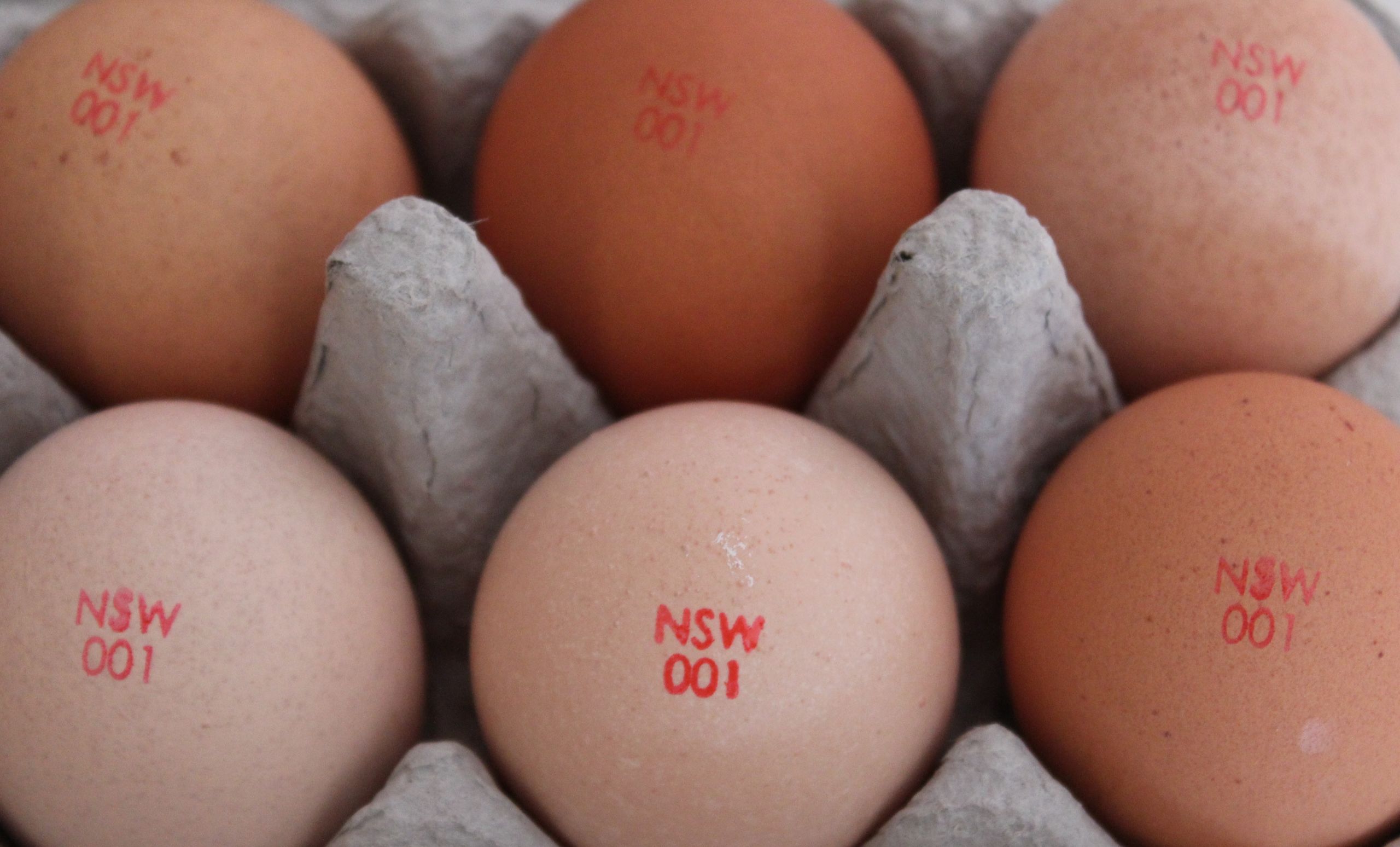
Inspections and audits
From April 2020 to June 2020, the Food Authority conducted 174 inspections and 29 audits of licensed egg businesses. This industry sector has recorded a compliance rate of 49% for the April 2020 to June 2020 reporting period.
In August 2019, the Biosecurity (Salmonella Enteritidis) Control Order 2019 (the Control Order) came into effect following reports of a number of cases of human illness linked to Salmonella Enteritidis (SE) in egg production. Since May 2018, there has been an emergence of cases where people became infected from consuming food locally in NSW. The object of this Control Order is to prevent, eliminate, minimise and manage the biosecurity risk posed or likely to be posed by the spread of Salmonella Enteritidis within NSW.
To assist with the implementation of the Control Order, the NSW Department of Primary Industries developed the SE Egg Management Program which outlines all biosecurity and food safety controls that must be implemented to comply with the Control Order. The Program included existing food safety programs requirements, as well as new hygiene and biosecurity practices that are required in response to SE.
During the 2019/20 financial year, Authorised Officers inspected licensed egg production and processing facilities to determine baseline compliance with the Control Order. At the conclusion of the inspection, each licensed facility was issued with a Biosecurity Direction outlining the areas of the Control Order and any additional requirements that required corrective action. Follow-up inspections are scheduled six months after the initial inspection to check if the licensed premises have complied with requirements outlined in the Control Order and food safety provisions.
The below table shows yearly comparable data for compliance and audit activity in the egg sector between reporting years 2018/19 and 2019/20.
| Reporting period | 2018/2019 | 2019/2020 |
|---|---|---|
| Total audits | 135 | 97 |
| Total inspections | 204 | 382 |
| Compliance rate | 88% | 58% |
Egg Industry Consultative Committee
Issues considered by the committee via video conference on 12 August included:
Egg industry compliance activities for the 2019/20 financial year were discussed, with the licensed egg industry sector recording 58% compliance for acceptable audit and/or inspection results. This is compared to the 88% compliance rate for the same period, members noting the 30% drop in compliance was largely attributable to increased surveillance and monitoring of Salmonella Enteritidis (SE), recent amendments to the Biosecurity SE Control Order and new requirements for each farm.
A paper was presented to the Committee on amendments to the Biosecurity (Salmonella Enteritidis) Control Order, which requires every licensed egg business in NSW to undertake mandatory testing for Salmonella Enteritidis (SE).
The NSW Department of Primary Industries (NSW DPI) recommends licensed egg businesses participate in the National SE Monitoring & Accreditation Program (NSEMAP).
Members noted egg producers in NSW will be given a grace period to consult with private veterinarians, NSW DPI, Local Land Services district veterinarians and others to implement mandatory testing for SE, with testing to be conducted by 1 October 2020.
The following updates and papers were also provided to the Committee:
- Members were provided a resource paper with key links to published COVID-19 information.
- Changes have been made to biosecurity signage and materials available on the NSW DPI website, to help farms comply with biosecurity requirements when accessing farms and processing facilities.
A full summary of meeting outcomes will soon be available on the NSW Food Authority website.
The next meeting of the EICC is to be advised.
The Egg Industry Consultative Committee is attended by representatives from Australian Eggs, NSW Farmers’ Association, Free range egg producers, Australian Eggs, Large egg processors, Large egg producers and NSW Department of Primary Industries.
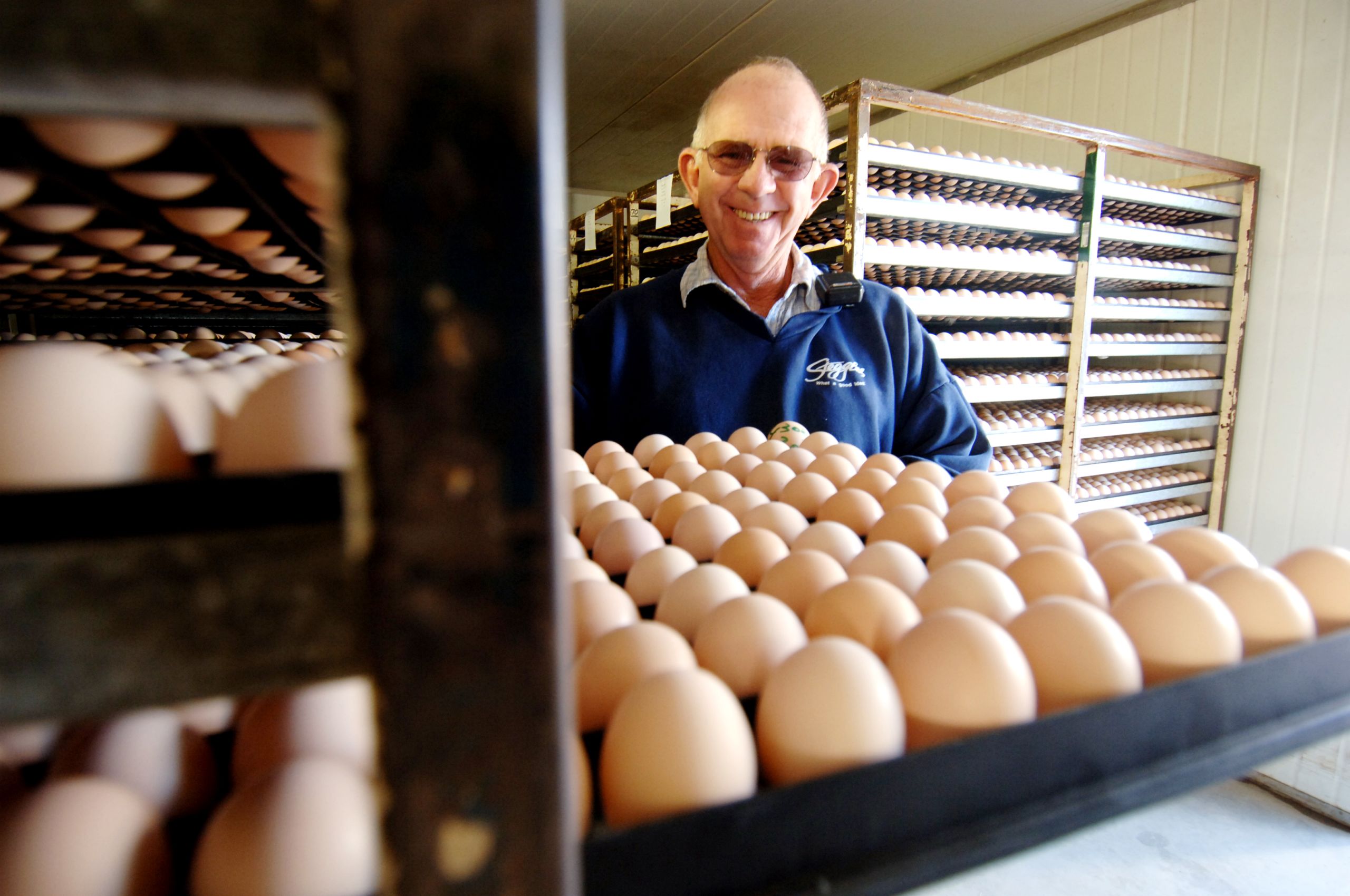
Enhancing the safety of NSW eggs – one test at a time
New biosecurity requirements have been introduced to manage Salmonella Enteritidis (SE) and to enhance the safety of NSW eggs.
An amendment was recently made to the Biosecurity (Salmonella Enteritidis) Control Order 2020, which now requires every licensed egg farm in NSW to undertake mandatory testing for SE.
Salmonella Enteritidis was first detected in commercial NSW layer flocks in September 2018 following cases of human illness.
The detections were the first time that SE, a type of Salmonella present in many international egg industries, was discovered in Australian layer flocks.
The bacteria can cause gastroenteritis when contaminated eggs are consumed and illness can be particularly severe for the elderly, young children and those with weakened immune systems.
Under the Biosecurity Control Order, licensed egg facilities in NSW are required to test every 12 to 15 weeks. This will assist with managing SE and allow early intervention if needed.
A grace period has been introduced to allow producers time to consult with industry veterinarians, NSW DPI, LLS and others to implement mandatory testing. Producers are required to have the first sampling and testing completed by 1 October 2020.
In an effort to assist producers comply with the new requirement, the NSW Food Authority will fund the cost of testing one pooled sample test per farm every 12-15 weeks until 30 June 2022.
The industry estimates that about 75% of the eggs produced in NSW are already tested under voluntary monitoring programs.
Every case of SE identified in NSW came from properties that were not conducting testing, which underlines the need for these new requirements.
The new measures complement increased on-farm biosecurity measures and an already rigorous food safety system.
From 1 October, BFS compliance officers will be seeking evidence of testing as part of routine inspections.
For more information, including the guide How to comply with the Biosecurity (Salmonella Enteritidis) Control Order and FAQ’s, visit the NSW DPI website.
PLANTS

Inspections and audits
From April 2020 to June 2020, the Food Authority conducted 8 inspections and 24 audits of licensed plant product businesses. This industry sector has recorded a compliance rate of 91%.
The below table shows yearly comparable data for compliance and audit activity in the plant sector between reporting years 2018/19 and 2019/20.
| Reporting period | 2018/2019 | 2019/2020 |
|---|---|---|
| Total audits | 105 | 120 |
| Total inspections | 54 | 45 |
| Compliance rate | 95% | 93% |
VULNERABLE PERSONS

Inspections and audits
From April 2020 to June 2020, the Food Authority conducted 13 inspections and 220 audits of licensed hospitals and aged care businesses. This industry sector has maintained a high compliance rate with 99% of businesses recording an acceptable result. This industry sector has maintained a high compliance rate for an extended period, due to the correct implementation of food safety controls and ensuring staff have the necessary skills and knowledge.
The below table shows yearly comparable data for compliance and audit activity in the vulnerable persons sector between reporting years 2018/19 and 2019/20.
| Reporting period | 2018/2019 | 2019/2020 |
|---|---|---|
| Total audits | 1,292 | 1,122 |
| Total inspections | 82 | 85 |
| Compliance rate | 99% | 99% |
PROSECUTIONS
Snack food supplier served supersized fine
The operator of a snack food business has been fined $135,500 and ordered to pay legal fees of $40,000, after pleading guilty to 14 offences under the Australia New Zealand Food Standards Code and for an offence under the NSW Food Act 2003.
Mr Ning Zheng, a partner in the business trading as ‘Bonfect Snackfood Services’, was charged for selling imported snack foods that did not comply with the labelling and compositional requirements the Australia New Zealand Food Standards Code and false depictions of food under the Food Act.
Complaints had been received from consumers and industry between 2016 and 2017, about the noncompliant activities of Bonfect, including reports from an importer who held exclusive rights to import a beverage called IRN Bru which had been reformulated to meet the Australia market and food standards.
Investigations conducted by NSW Food Authority officers found a variety of noncompliant products, including energy drinks containing excessive caffeine, beverages not permitted to contain quinine, the fortification of foods with vitamins & minerals, foods making false claims about nutrition and others making health claims in breach of standards.
See details of the Bonfect Snackfoods Services prosecution here

PROCESSES
FSANZ call for submissions
Food Standards Australia New Zealand (FSANZ) has recently released a call for written submissions on the draft variation to the Code arising from the following applications:
- P1054 – Pure and highly concentrated caffeine products To decide whether to reaffirm the urgent variation or to prepare a proposal to amend or repeal the urgent variation. Written submission are due by 6pm (Canberra time) 11 September 2020. Read more.
- A1180 – Natural Glycolipids as a preservative in non-alcoholic beverages
To permit the use of long-chain glycolipids from Dacryopinax spathularia (Natural Glycolipids) as a preservative in non-alcoholic beverages.
Written submissions are due by 6pm (Canberra time) 17 September 2020. Read more. - A1186 – Soy Leghemoglobin in meat analogue products
To allow the use of soy leghemoglobin derived from P.pastoris as a component in meat analogue products.
Written submission are due by 6pm (Canberra time) 17 September 2020. Read more. - A1198 – Food derived from enhanced yield & herbicide-tolerant corn line DP202216
To permit the use of corn (maize) line DP202216 as a new food produced using gene technology. The line has enhanced yield potential and glufosinate-tolerance. Written submission are due by 6pm (Canberra time) 17 September 2020. Read more.
*reproduced with permission from Food Standards Australia New Zealand





